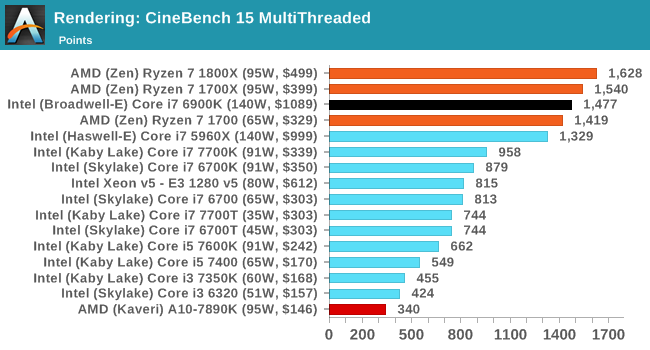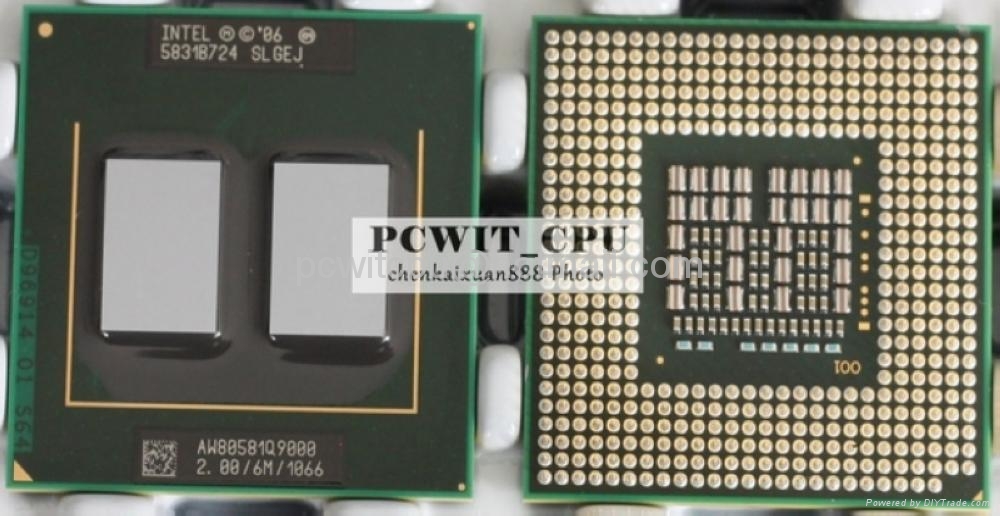Closing Thoughts
What began as a simple internal discussion about the validity of claims that Windows 10 scheduling might be to blame for some of Ryzen's performance oddities, and that an update from Microsoft and AMD might magically save us all, has turned into a full day with many people chipping in to help put together a great story. The team at PC Perspective believes strongly that the Windows 10 scheduler is not improperly assigning workloads to Ryzen processors because of a lack of architecture knowledge on the structure of the CPU.
In fact, though we are waiting for official comments we can attribute from AMD on the matter, I have been told from high knowledge individuals inside the company that even AMD does not believe the Windows 10 scheduler has anything at all to do with the problems they are investigating on gaming performance.
In the process, we did find a new source of information in our latency testing tool that clearly shows differentiation between Intel's architecture and AMD's Zen architecture for core to core communications. In this way at least, the CCX design of 8-core Ryzen CPUs appears to more closely emulate a 2-socket system. With that, it is possible for Windows to logically split the CCX modules via the Non-Uniform Memory Access (NUMA), but that would force everything not specifically coded to span NUMA nodes (all games, some media encoders, etc) to use only half of Ryzen.












